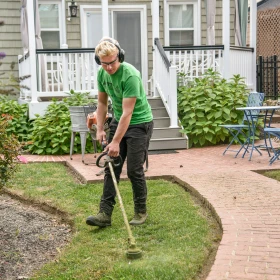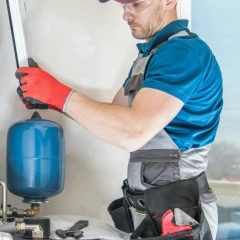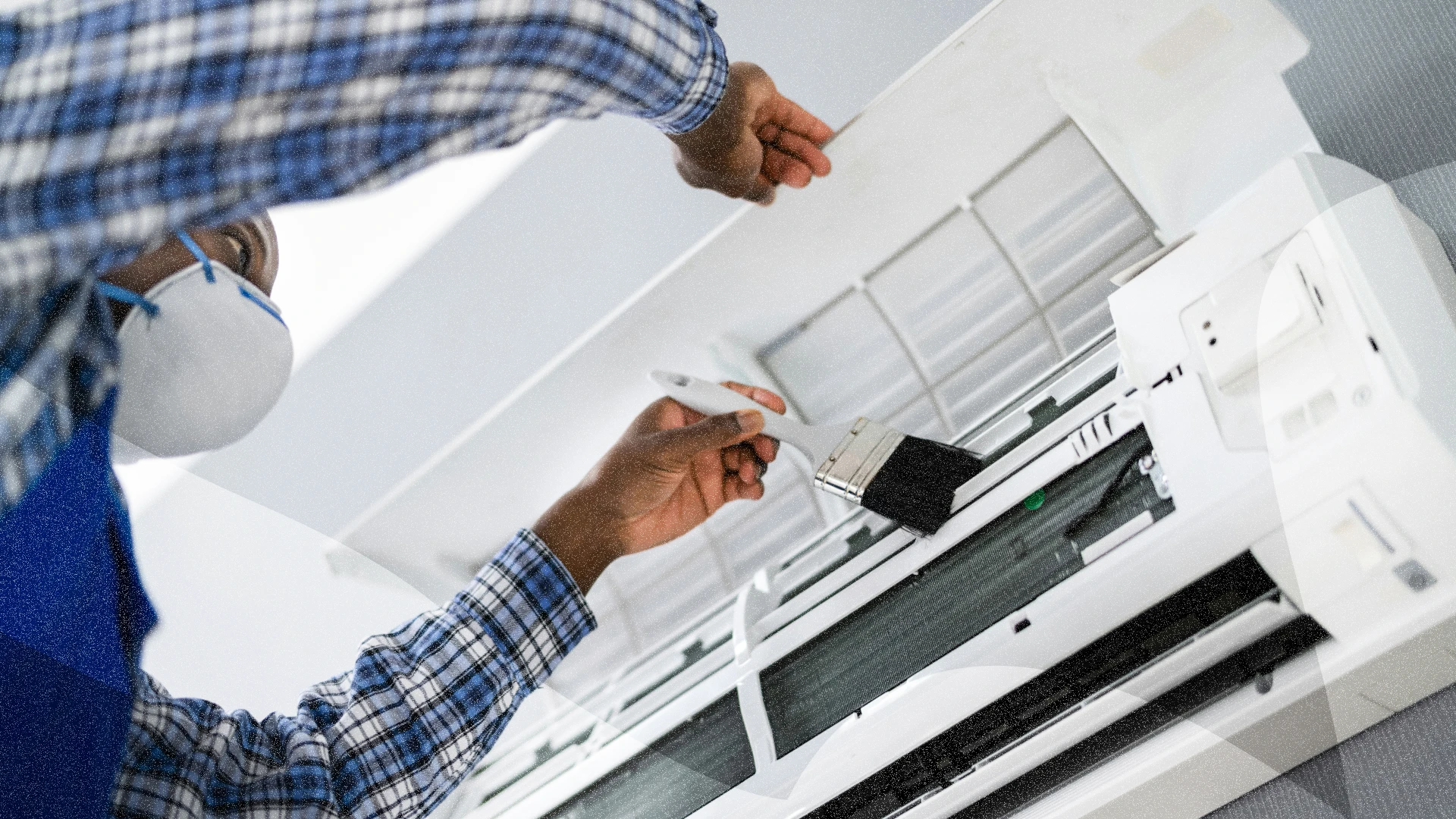All prices listed are estimates and may vary based on your provider, location, and business details. Always confirm coverage and rates with a licensed insurance agent.
How Much Does HVAC Technician Insurance Cost?
HVAC insurance costs can vary depending on your business setup, coverage needs, and risk profile. For 2025, here are typical estimated annual premiums:
- General Liability Insurance: $400–$1,200
- Workers' Compensation: $1,000–$3,500 per employee
- Commercial Auto Insurance: $1,200–$2,500 per vehicle
- Tools & Equipment Coverage (Inland Marine): $150–$750
- Professional Liability / Errors & Omissions: $500–$1,500
These are ballpark figures only. Your actual premium may be higher or lower depending on your unique business profile.
What Affects the Cost of HVAC Business Insurance?
Several factors influence what you’ll pay:
- Number of employees: More team members means higher workers' comp premiums.
- Business location: Rates vary by state, city, and even zip code.
- Claims history: A clean record often results in lower premiums.
- Type of work: Commercial, industrial, or high-risk HVAC jobs can increase costs.
- Coverage limits: Higher limits = higher premiums.
- Vehicles: The number, type, and use of work vehicles affects auto coverage.
- Tools & equipment value: Insuring expensive gear drives up cost.
Do You Need All These Coverages?
Not every HVAC technician or contractor will need every type of insurance. At a minimum, most states and general contractors require general liability insurance. If you have employees, workers’ compensation is legally required in almost every state.
- New, Solo HVAC tech? You might be fine with liability and tools coverage.
- Growing HVAC company? You likely need the full stack: liability, workers' comp, commercial auto, and more.
Always review your policy details and speak to an insurance provider familiar with HVAC risks.
Can You Lower the Cost of HVAC Insurance?
Yes. Here are a few ways:
- Bundle policies: Combine general liability and tools coverage to save.
- Increase deductibles: A higher out-of-pocket amount can reduce premiums.
- Maintain safety records: A good safety program helps reduce workers' comp costs.
- Ask about industry-specific discounts: Some carriers offer discounts for HVAC businesses.
- Avoid gaps in coverage: Continuous insurance history matters.
Get a Quote That Matches Your Business
The best way to find out what your HVAC insurance will cost is to get a customized quote. Carriers that specialize in HVAC or trades businesses can often offer better rates and coverage that fits your exact needs.
Make sure to:














